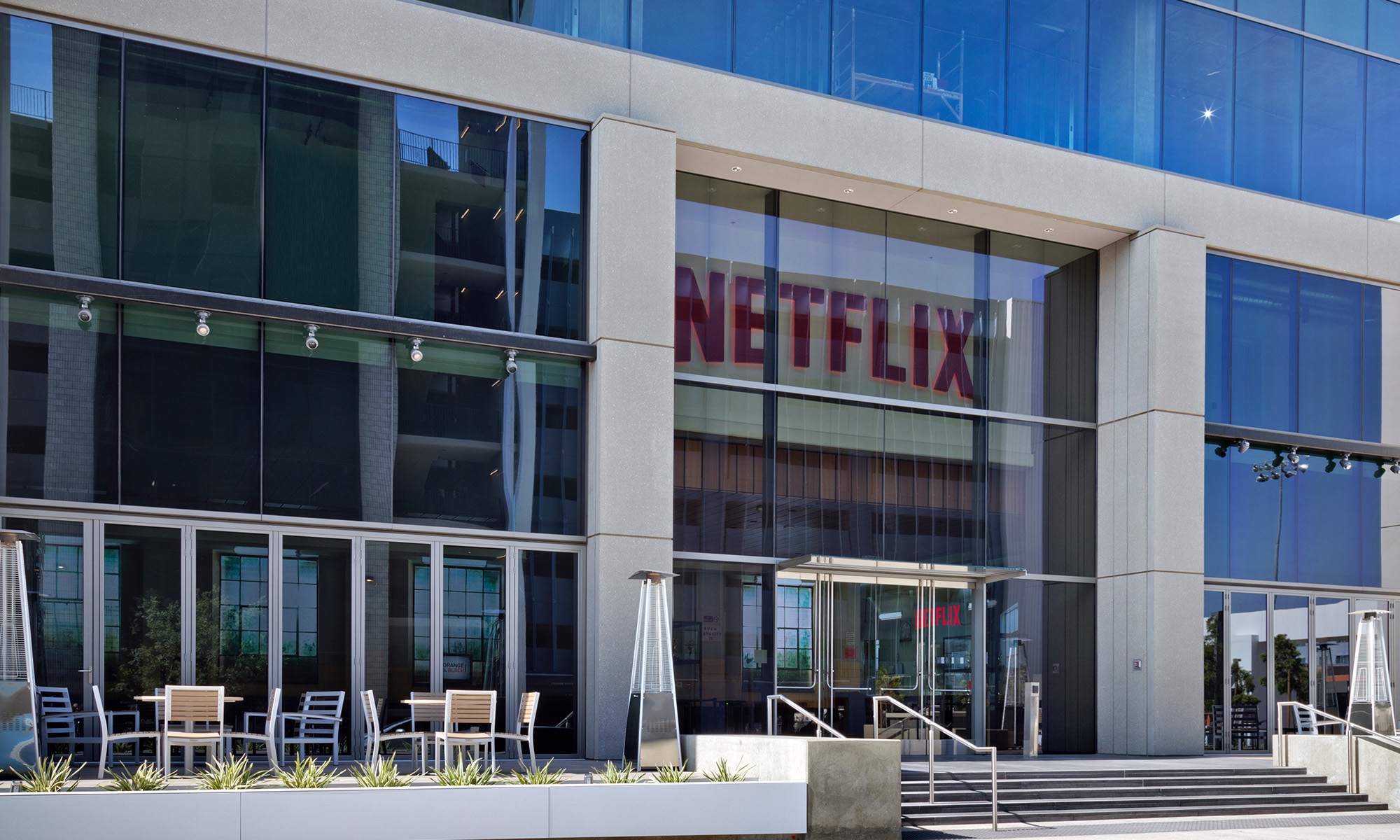In its most recent quarterly earnings release, video-steaming giant Netflix, Inc. (NFLX +0.48%) reported having subscribers in nearly 51 million households in the U.S., or approximately 43% of U.S. homes. That's pretty serious penetration, but domestic growth appeared to be slowing in 2016, which led some analysts to speculate that the market for U.S. customers might be nearing saturation. But recent data suggests that there may be a group of untapped subscribers waiting in the wings.
A survey of millennials commissioned by LendEdu revealed that a mind-boggling 92% of respondents reported having Netflix. On its face, that would seem to confirm that the majority were subscribers. Dig a little deeper, however, and a very different picture emerges. Of the 6,567 millennials surveyed, 54% reported using the Netflix account of a friend or family member, and 5% reported using the account of a current or former significant other. Another 34% said they had their own Netflix account, and 8% indicated that they did not have Netflix at all.

92% of college students have Netflix. Image source: Getty Images.
Isn't that a bad thing?
The most important takeaway seems to be that Netflix is losing millions of would-be customers to account sharing, and you might think the company would want to discourage the practice. Surprisingly, Netflix is on record as supporting the sharing of passwords and accounts, at least among family members.
At the Consumer Electronics Show in Las Vegas in January 2016, Netflix CEO Reed Hastings addressed the issue. "We love people sharing Netflix, whether they're two people on a couch or 10 people on a couch," Hastings said. "That's a positive thing, not a negative thing." He used the example of parents sharing the account with children. As the children grow up and move out on their own, they usually get their own account. "As kids move on in their life, they like to have control of their life, and as they have an income, we see them separately subscribe," Hastings said. "It really hasn't been a problem."
We've all heard (or lived) the stereotype of broke college students coming home to do laundry and eating nothing but ramen. Given that situation, it makes sense that once they get past graduation and move out on their own, these newly independent adults would become subscribers.
Millennials love Netflix
Other data points confirm the popularity of Netflix among this growing demographic. In its 2017 Brand Intimacy Report, brand agency MBLM reveals that the most successful brands are those that build a strong emotional bond with their customers. The survey found that Netflix was one of the top five most beloved brands by consumers, and it's in the top three among millennials, which bodes well for customer retention.

Image source: Netflix.
A couple of points about differences in methodology. It should be noted that these surveys push the boundaries of the millennial demographic, which is generally defined as those born between 1981 and 1997 and are currently between 19 and 35 years old. The LendEdu survey targets only college students, while MBLM surveyed those between 18 and 34 years old.
When taken together, however, the results of these surveys point to continuing popularity and greater adoption of Netflix by younger viewers. Those who have grown up with the streaming service will probably join the ranks of paying subscribers as they become independent. Since millennials now outnumber baby boomers as the largest generation, the youngest of these represents a largely untapped opportunity that Netflix has yet to exploit.






